Vegan Globetrotter is supported by our audience. When you purchase through one of our links, we may earn a small affiliate commission. As an Amazon Associate I earn from qualifying purchases. Your cost is not affected.
==================
Incorporating seeds into your daily diet is one of the easiest and most effective ways to boost nutrient intake. Among the many options, 5 high nutrient seeds stand out as powerful additions that can significantly enhance your health. Packed with essential vitamins, minerals, healthy fats, and fiber, these seeds are small yet mighty powerhouses for your well-being. Whether you want to enhance your immune system, promote heart health, or maintain balanced energy throughout the day, adding the right seeds to your meals can make a significant difference.
This article highlight five high-nutrient seeds that should be a staple in your diet. From sunflower seeds to hempseeds, each offers unique health benefits contributing to overall wellness. So, if you’re looking to fuel your body with nutrient-dense, plant-based options, read on to discover which seeds will be your new go-to ingredients for a healthy diet.
Top 5 Nutrient-Packed Seeds to Boost Your Health
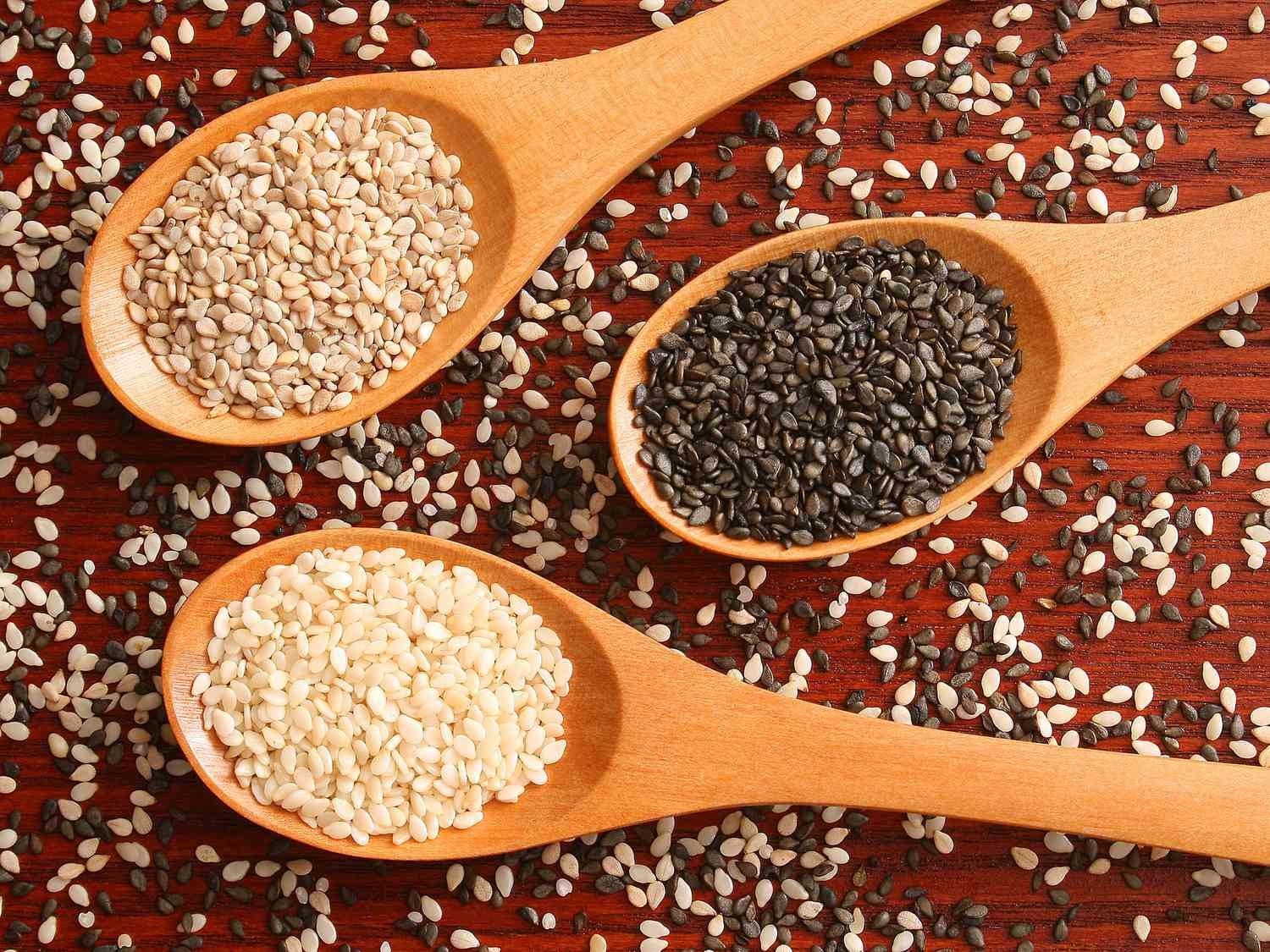
Seeds are small but mighty when it comes to nutrition. They pack a lot of good stuff into a tiny package. Many people don’t know how healthy seeds can be. Adding seeds to your meals can boost your intake of important nutrients like protein, fiber, and healthy fats.
This article looks at five types of seeds that are extra good for you: sunflower, sesame, pumpkin, chia, and hemp. We’ll discuss why these seeds are so great and how to eat more of them.
Key Highlights of 5 High-Nutrient Seeds for a Healthy Diet
-
Sunflower Seeds: Rich in healthy fats, protein, and vitamin E, sunflower seeds are known for their antioxidant properties and support for skin health and blood sugar control.
-
Sesame Seeds: Packed with calcium and iron, sesame seeds promote strong bones and oxygen transport in the blood, making them an excellent addition to various dishes.
-
Pumpkin Seeds: High in magnesium and zinc, pumpkin seeds aid in immune function, muscle health, and wound healing, while providing protein and fiber for satiety.
-
Chia Seeds: An exceptional source of omega-3 fatty acids, chia seeds reduce inflammation and support heart and brain health, with the added benefits of high fiber content.
-
Hemp Seeds: A complete protein source containing all nine essential amino acids, hemp seeds are perfect for muscle repair and heart health, boasting anti-inflammatory properties.
Sunflower Seeds: Nutrient-dense and Rich in Healthy Fats
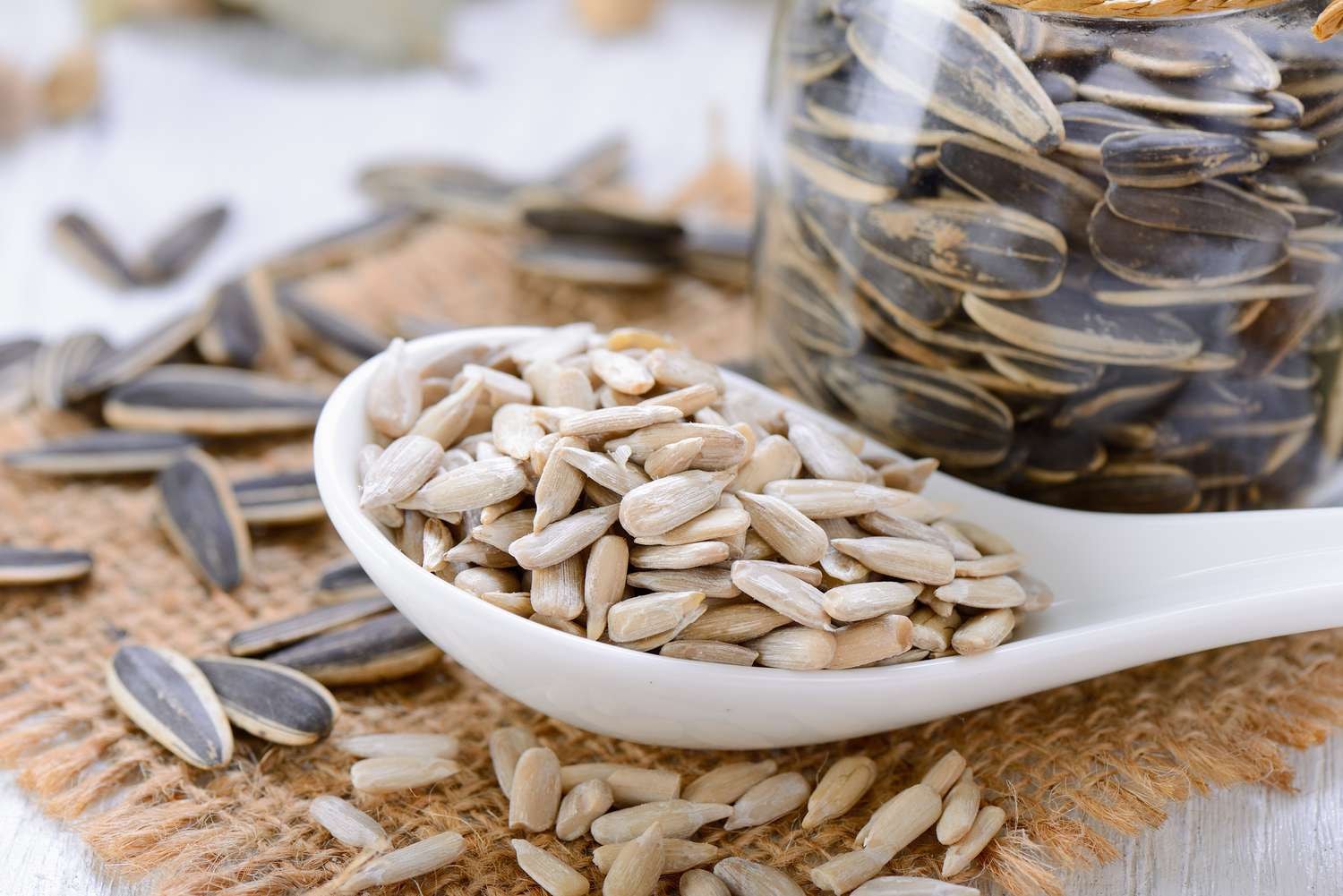
Sunflower seeds are small powerhouses of nutrition, making them one of the top choices among the 5 high nutrient seeds. They pack a lot of good stuff into a tiny package, offering an impressive array of vitamins, minerals, and healthy fats. These seeds come from the big yellow sunflower plant, known for its vibrant petals and nutritious seeds.
Healthy Fats and Protein
Sunflower seeds are full of healthy fats. They have both polyunsaturated and monounsaturated fats. These fats are good for the heart and body. The seeds also contain protein. Protein helps build and repair muscles. It’s important for many body functions.
Rich in Vitamins and Minerals
Sunflower seeds are rich in vitamin E. This vitamin acts as an antioxidant. It protects cells from damage. Vitamin E is also good for skin health. These seeds provide minerals too. They have magnesium, which helps with many body processes. They also contain selenium, a mineral that supports the immune system.
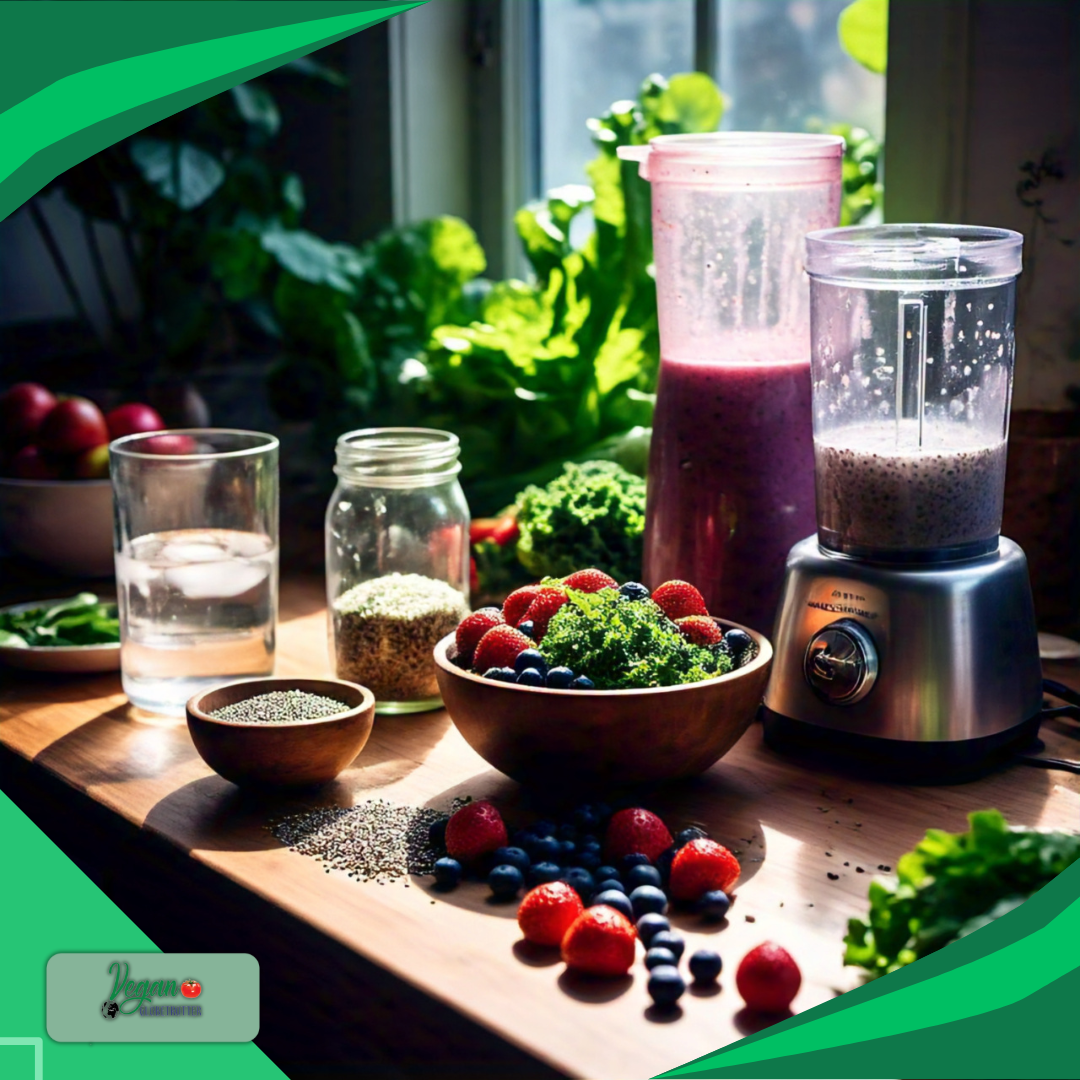
It can Help with Blood Sugar Control
Eating sunflower seeds may help with blood sugar control. Some studies suggest that eating an ounce of sunflower seeds daily might lower fasting blood sugar. This could be helpful for people watching their blood sugar levels. Sunflower seeds make a great snack. They can be eaten raw or roasted. Many people like to add them to salads or baked goods for extra crunch and nutrition.
Sesame Seeds: Packed With Calcium and Iron
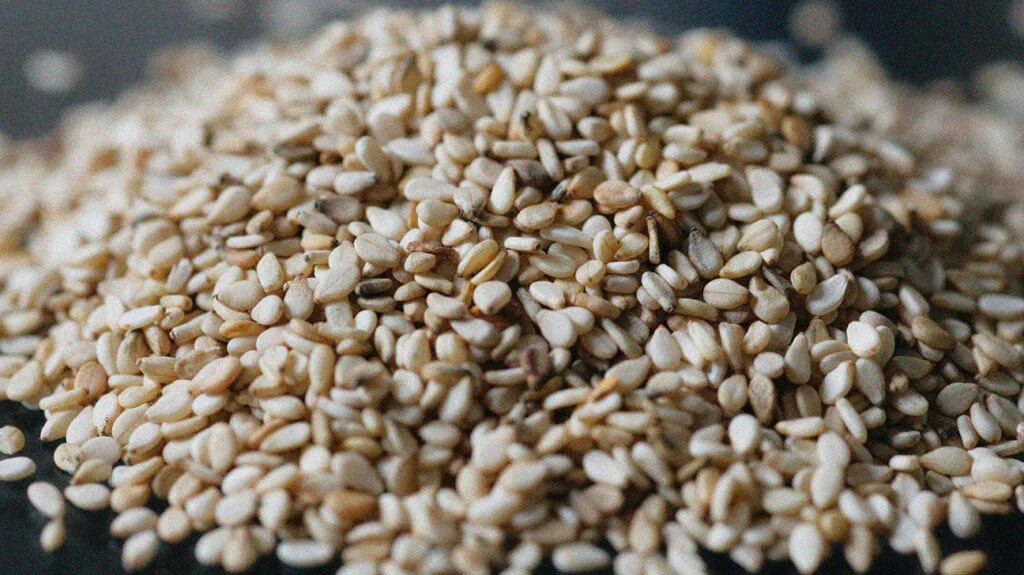
Sesame seeds are tiny powerhouses of nutrition, making them one of the 5 high nutrient seeds you should consider adding to your diet. These small seeds pack a big punch for essential minerals like calcium and iron.
It Contains Calcium and Iron
Calcium is crucial for strong bones and teeth. Sesame seeds are a good source of calcium, providing about 88 milligrams per tablespoon. This makes them a great option for people who don’t consume dairy products.
Iron is another important mineral found in sesame seeds. They contain about 14.6 mg of iron per 100-gram serving, a significant amount. Iron helps carry oxygen in the blood and is essential for energy production.
Easy on Meals
Adding sesame seeds to meals is easy. They can be sprinkled on salads, mixed into baked goods, or used to make tahini. Tahini is a paste made from ground sesame seeds often used in Middle Eastern cuisine.
Other Benefits
Sesame seeds also offer other health benefits. They contain healthy fats that can help lower bad cholesterol levels. This makes them good for heart health when eaten in a balanced diet.
These versatile seeds can be found in many forms. They come hulled or unhulled in white, black, and brown colors. Each variety offers slightly different flavors and textures.
Pumpkin Seeds: High in Magnesium and Zinc
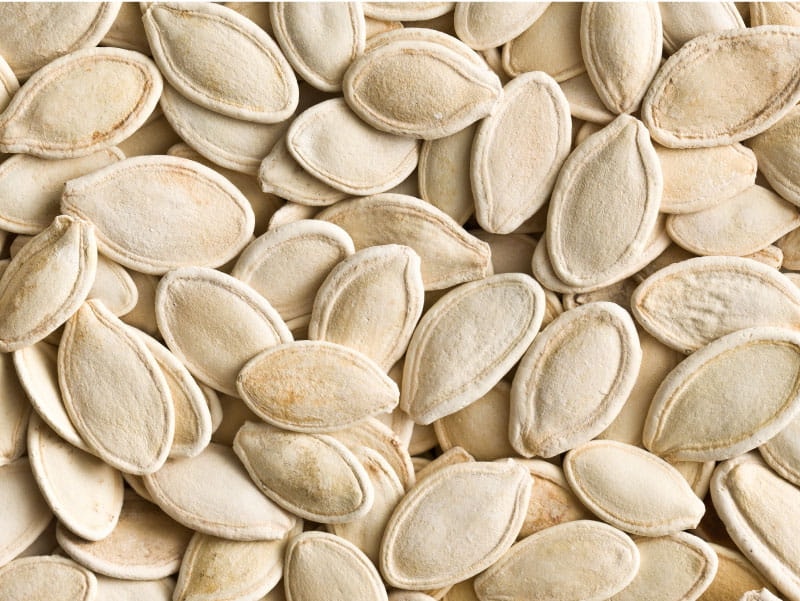
Pumpkin seeds are small powerhouses of nutrition. They pack a punch with their high magnesium and zinc content, two essential minerals for good health.
Magnesium and Zinc: Power Combo
Magnesium plays a key role in many body functions. It helps with muscle and nerve function, energy production, and bone health. A single ounce of pumpkin seeds provides about 37% of the daily value of magnesium.
Zinc is another vital mineral found in pumpkin seeds. It supports immune function, protein synthesis, and wound healing. One ounce of pumpkin seeds offers 20% of the daily value for zinc.
Easy on Diet
These seeds are easy to add to your diet. You can eat them raw, roasted, or as part of other dishes. They make a great snack on their own or mixed into trail mix.
Other Benefits
Pumpkin seeds also contain healthy fats, protein, and fiber. This combo can help you feel full and satisfied after eating them. For those on plant-based diets, pumpkin seeds are extra helpful. Plant-based eaters may need 50% more zinc than others.
Pumpkin seeds can help meet this increased need. Adding pumpkin seeds to your meals can boost your intake of these key nutrients. Sprinkling them on salads, yogurt, or oatmeal for an easy nutrient boost.
Chia Seeds: Excellent Source of Omega-3 Fatty Acids
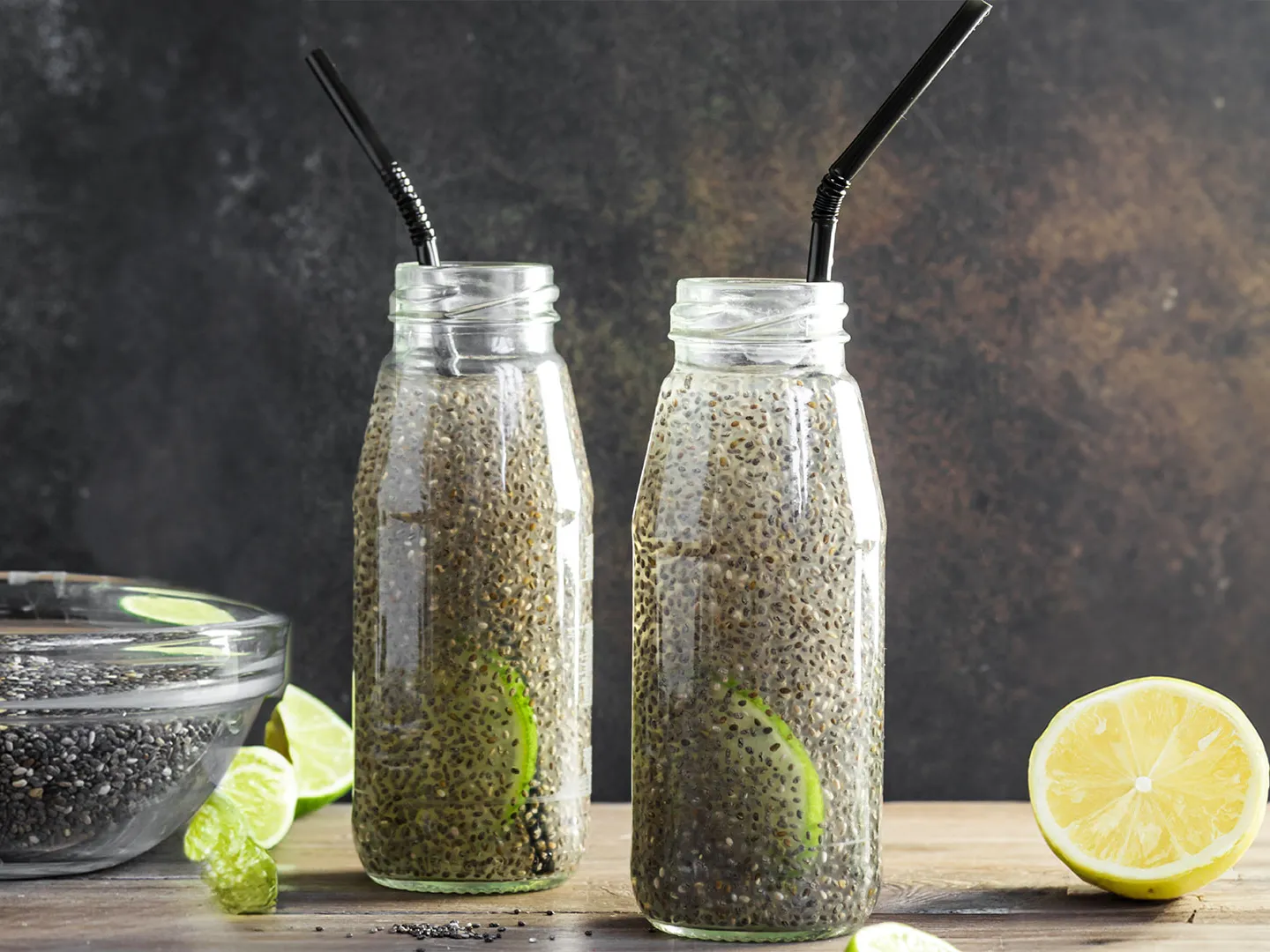
Chia seeds are a nutritional powerhouse packed with essential nutrients. They are especially known for their high content of omega-3 fatty acids.
It Contains Omega 3
These tiny seeds are among the 5 high nutrient seeds, containing about 60% alpha-linolenic acid (ALA), omega-3 fat. This makes chia seeds one of the richest plant-based sources of omega-3s. Omega-3 fatty acids are crucial for heart and brain health. They help reduce inflammation in the body and support cognitive function. Adding chia seeds to your diet is an easy way to boost your omega-3 intake. Just one ounce (28 grams) of chia seeds provides a significant amount of these beneficial fats.
It’s important to note that chia seeds contain ALA, which the body must convert to other forms of omega-3s. This conversion process is not very efficient in humans. For this reason, it’s beneficial to include plant-based sources like chia seeds and marine sources of omega-3s in your diet. This ensures you get a variety of omega-3 fatty acids.
Chia seeds are versatile and easy to incorporate into meals. They can be sprinkled on yogurt, added to smoothies, or used as an egg substitute in baking.
Hemp Seeds: Complete Protein Source With Essential Amino Acids
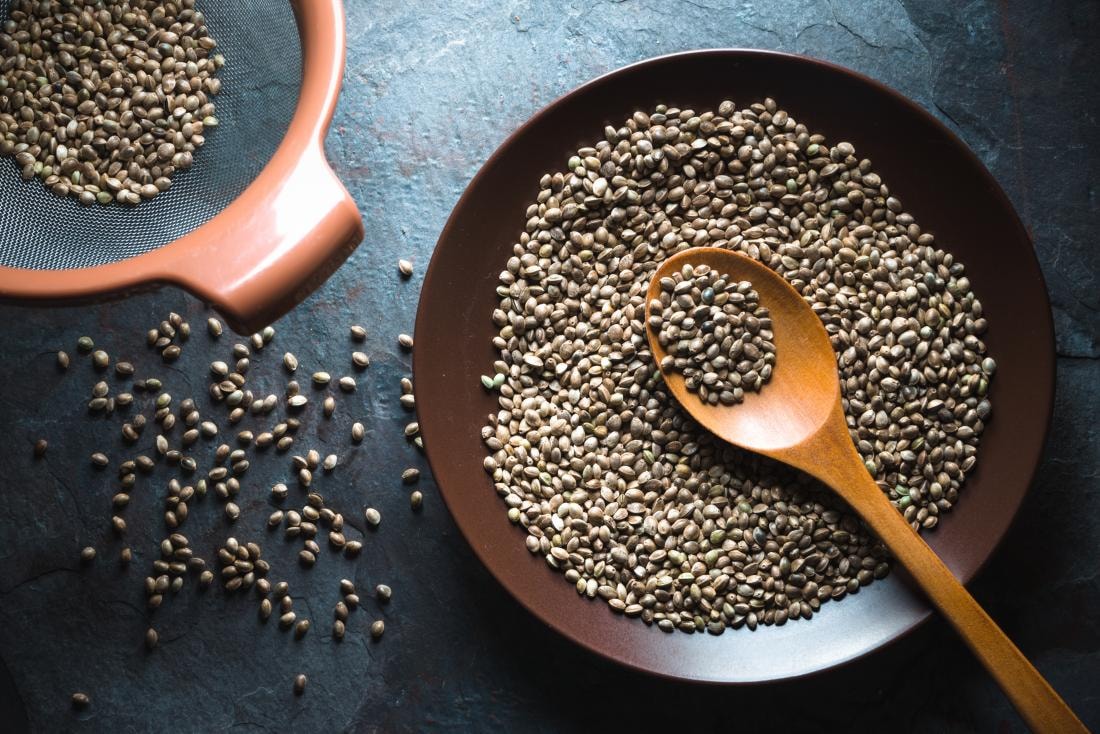
Hemp seeds are a powerhouse of nutrition. They are one of the healthiest and most nutrient-dense seeds available.
Contains 9 Essential Amino Acids
These small seeds pack a big protein punch. Hemp seeds contain all 9 essential amino acids, making them a complete protein source. Each hemp seed is about 33% protein by weight. This high protein content makes hemp seeds great for tissue repair and muscle-building.
Rich in Healthy Fats
Hemp seeds are also rich in healthy fats. They contain omega-3 fatty acids, which are good for heart health.
Other Benefits
These seeds have anti-inflammatory properties. They can help regulate inflammation in the body. Hemp seeds are versatile and easy to add to many dishes. They can be sprinkled on salads, mixed into smoothies, or used in baking. For those looking to increase their protein intake, hemp seeds are an excellent choice. They provide a plant-based complete protein option.
5 High Nutrient Seeds: Nutritional Benefits of Seeds
Seeds pack a powerful nutritional punch. They provide essential vitamins, minerals, and fiber that support overall health and well-being.
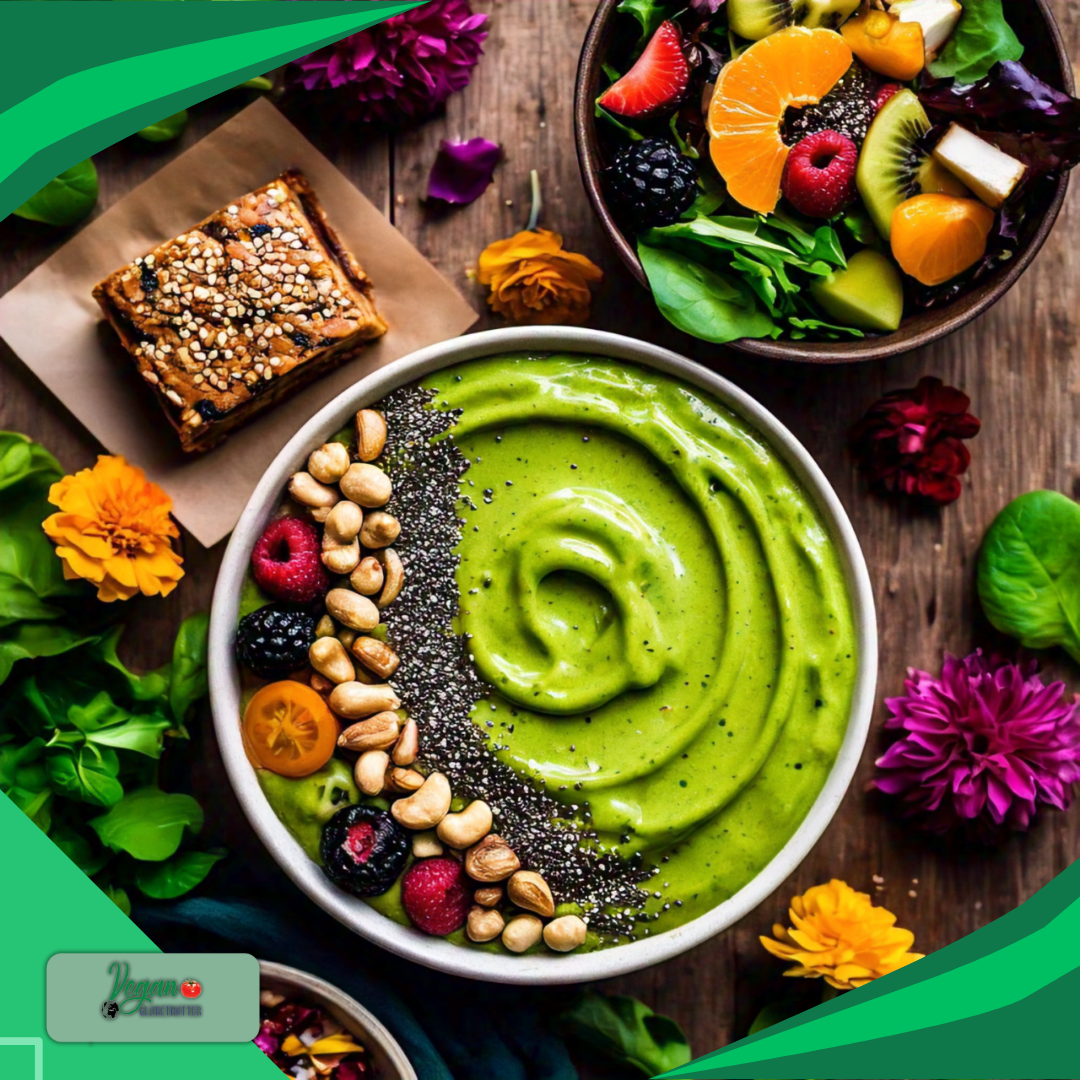
Essential Vitamins and Minerals
Seeds are rich in vitamins and minerals. Sunflower seeds contain high levels of vitamin E, which is an antioxidant. Pumpkin seeds offer zinc, which is important for immune function.
Sesame seeds provide calcium for strong bones and teeth. Chia seeds contain omega-3 fatty acids that support heart health. Hemp seeds offer magnesium, which aids in muscle and nerve function.
Many seeds also contain B vitamins like thiamine and folate. These help convert food into energy and support cell growth. Iron is another key mineral in seeds, especially pumpkin and sesame seeds.
Role of Fiber in Diet
Seeds are an excellent source of dietary fiber. Fiber aids digestion and helps maintain a healthy gut. It also promotes feelings of fullness, which can assist with weight management.
Chia seeds are particularly high in fiber. One ounce provides 10 grams of fiber, about 40% of the recommended intake. Flaxseeds and pumpkin seeds also offer good amounts of fiber. Fiber from seeds can help:
- Regulate blood sugar levels.
- Lower cholesterol.
- Promote regular bowel movements.
- Support gut health.
Adding a variety of seeds to your diet is an easy way to boost your fiber intake and support your digestive health.
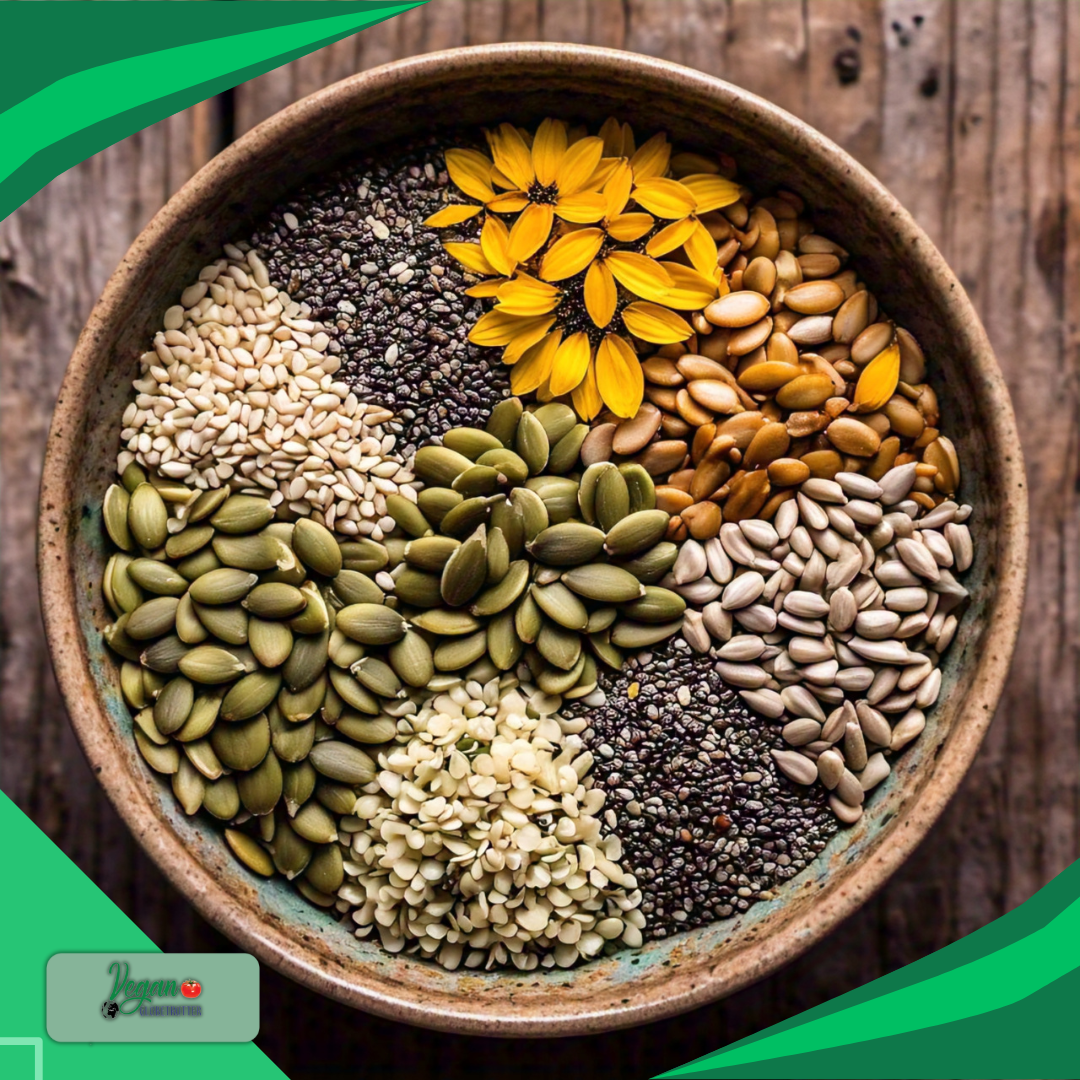
Something Interesting:
You can sprinkle seeds on yogurt or oatmeal for breakfast. Mix them into homemade granola or muesli. Add seeds to baked goods like muffins, bread, or cookies. They work well in both sweet and savory recipes.
Incorporating Seeds into Your Meals
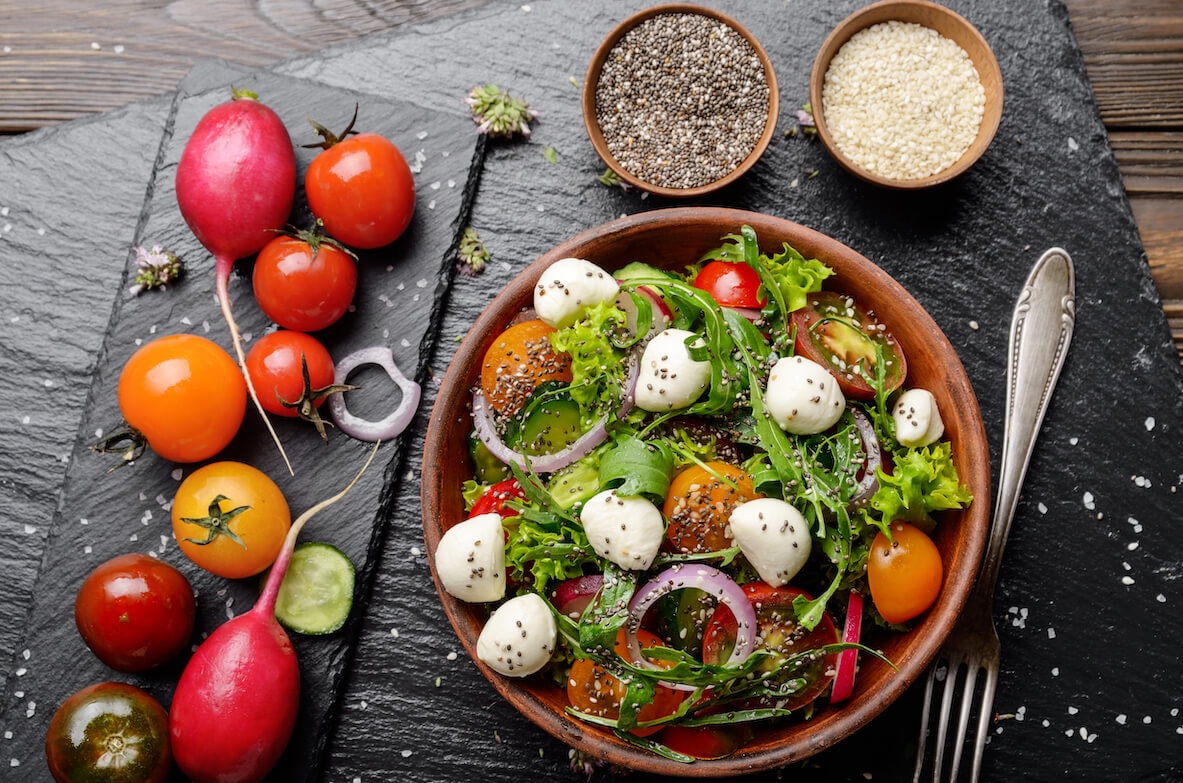
Adding 5 high nutrient seeds to your diet can be easy and tasty. These tiny powerhouses boost the nutritional value of many dishes. Try these simple ways to include more seeds in your daily meals.
Easy Snack Ideas
Grab a handful of raw seeds for a quick snack. Mix sunflower and pumpkin seeds with dried fruit for a homemade trail mix—Roast seeds with spices for extra flavor. Try making energy balls with dates, nuts, and seeds. Roll them in sesame or chia seeds for added crunch. Spread nut butter on apple slices and sprinkle with hemp seeds. This makes a filling snack rich in protein and healthy fats.
Smoothie Enhancements
Seeds are perfect for boosting smoothies. Add a tablespoon of chia seeds to your morning smoothie for extra fiber and omega-3s. They thicken the drink and add a nice texture.
Blend hemp seeds into green smoothies for plant-based protein. Use ground flax seeds to make smoothies creamier.
Try a mix of pumpkin and sunflower seeds for added vitamins and minerals. Start with small amounts and adjust to your taste.
Potential Health Concerns
Seeds offer many health benefits, but some important factors must be considered. Some people may have allergic reactions, while others need to be mindful of portion sizes.
Allergic Reactions
Seed allergies can cause serious health issues for some people. Sesame seeds are a common allergen and may trigger severe reactions. Symptoms can include hives, swelling, and difficulty breathing.
Sunflower and pumpkin seed allergies are less common but still possible. People with nut allergies should be careful, as seeds are often processed in the same facilities as nuts.
It’s important to read food labels carefully. Many products contain hidden seed ingredients. If you suspect a seed allergy, consult a doctor for proper testing and diagnosis.
Moderation and Balance
While seeds are nutritious, eating too many can lead to problems. Seeds are high in calories and fat, which may cause weight gain if consumed in large amounts. Eating a lot of seeds can also cause digestive issues. The high fiber content may lead to bloating or gas for some people. It’s best to start with small portions and increase slowly.
Some seeds contain compounds that can interfere with nutrient absorption. For example, phytic acid in some seeds may reduce the uptake of minerals. Soaking or sprouting seeds can help reduce these effects. Aim for a balanced diet with a variety of foods. A small handful of seeds (1-2 tablespoons) per day is enough to get the benefits without overdoing it.
Here’s an additional video about 5 high-nutrient seeds.
By: Times Foodie
Reap the Benefits of High-Nutrient Seeds
Incorporating high-nutrient seeds into your daily meals is a simple yet impactful way to boost your overall health. Seeds like sunflower, sesame, pumpkin, chia, and hemp contain essential nutrients, including vitamins, minerals, healthy fats, and fiber. These tiny powerhouses contribute to heart health, improved digestion, and better energy levels. Adding them to snacks, smoothies, casseroles, and even soups allows you to enjoy their numerous health benefits in various delicious ways.
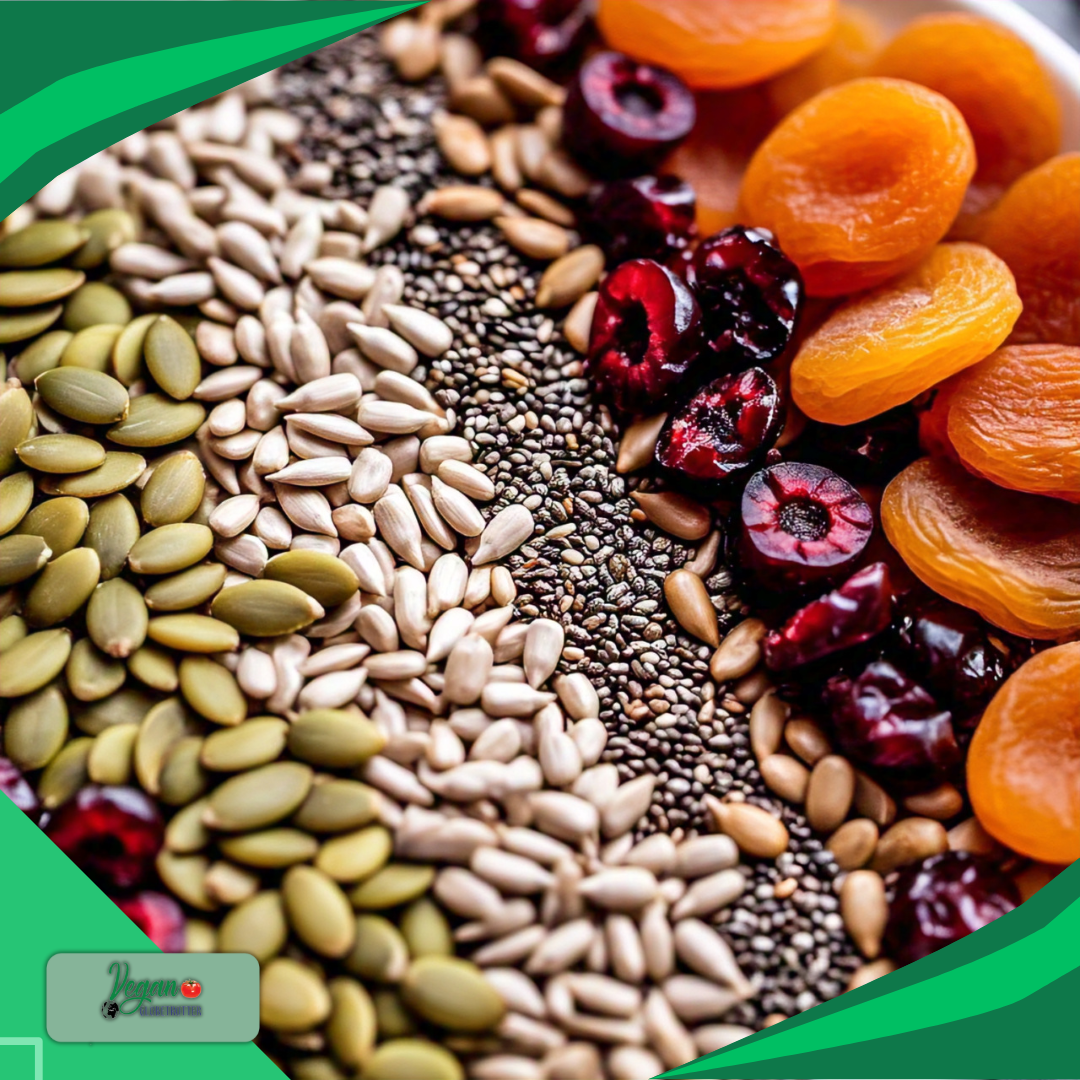
Seeds are versatile and essential for a balanced diet, providing plant-based protein and key antioxidants. Whether you’re looking to enhance your immune system, improve your skin health, or support your bone strength, these nutrient-dense options have something for everyone. Start small by sprinkling seeds on your meals, and let these superfoods take your diet to the next level.
Frequently Asked Questions
Seeds offer many health benefits when added to your diet. They provide essential nutrients and can be easily incorporated into meals and snacks.
What Are the Daily Recommended Servings for High Nutrient Seeds?
A typical serving of seeds is 1-2 tablespoons per day. This amount provides a good balance of nutrients without excess calories. Specific needs may vary based on individual health goals and dietary requirements.
What is the Most Healthful Way to Incorporate a Variety of Seeds Into Your Diet?
Add seeds to smoothies, yogurt, or oatmeal. Sprinkle them on salads or roasted vegetables. Use seeds in baking or as a crunchy topping for dishes. Rotating different types of seeds ensures a mix of nutrients.
Are There Any Seeds That Should Be Avoided for Health Reasons?
Most edible seeds are safe to eat. People with nut allergies should be cautious when using some seeds. Those on blood thinners should limit chia seeds due to their omega-3 content. Always check with a doctor about specific dietary concerns.
Join and Find Us on Social Media
🔹 Facebook: Join our community on Facebook at VeganGlobetrotter, where we share tips for your vegan lifestyle and inspiring plant-based recipes.
🔹 Instagram: For a visual feast of delicious vegan dishes, follow us on Instagram at _veganglobetrotter.
🔹 Twitter: Follow us on Twitter at VeganGlobetrot to stay updated with insightful articles and the latest vegan trends.
🔹 Pinterest: Explore our Pinterest account, theveganglobetrotter, for a wealth of wellness resources and plant-based goodness.



Don't miss out
when new recipes and information are added!
Join our newsletter for free recipes,
healthy living inspiration, and special offers
You have Successfully Subscribed!